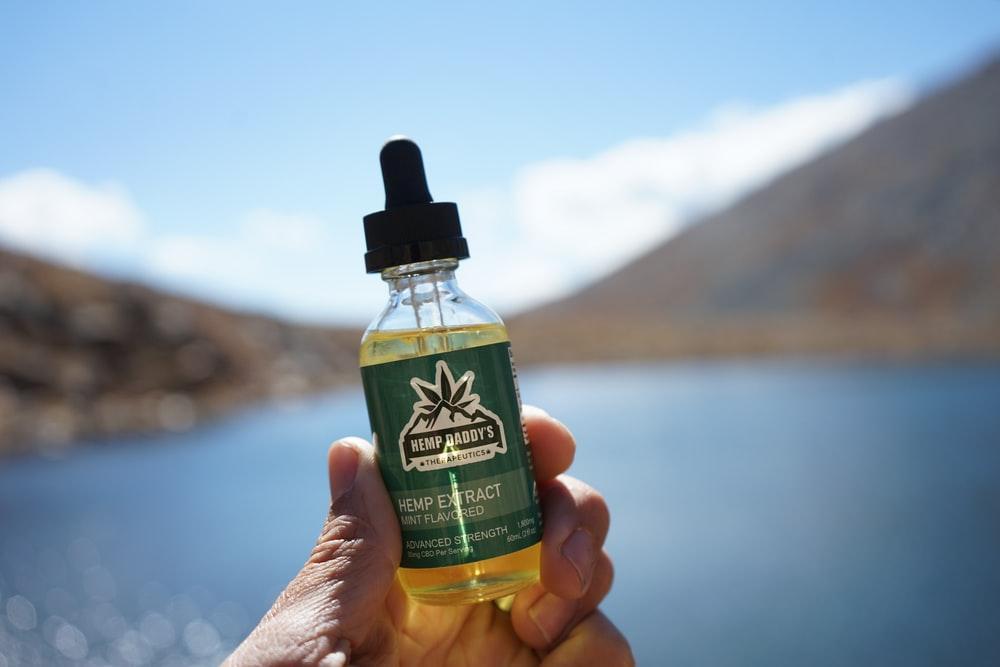According to Grand View Research, the global cannabidiol (CBD) market was projected to grow at a compounded annual growth rate of 22.2% from 2019 to 2025. Part of the reason behind that sustained growth rate was the increased demand for CBD products for medical and wellness properties.
Over the years, medical researchers have been working overtime to uncover additional health benefits of CBD to have the global pharmaceutical industry mainstream CBD-based products. These efforts haven’t gone unnoticed, as there has been a general tendency by regulators around the world to decriminalize CBD.
So, if you can legally access cannabidiol in your jurisdiction, now is the best time to set up a CBD business. However, there are numerous things to keep in mind as you prepare to launch a lucrative cannabidiol venture.
The following are the four incredible things that any aspiring CBD trader must know.
-
Determine how to venture into the CBD industry
Whenever many investors consider taking a leap into the lucrative CBD industry, most of them often think along the lines of retail. It’s undeniably true that becoming a CBD retailer is one of the most popular ways to enter the industry. However, there are numerous other sectors you can invest in.
For instance, you could invest in the CBD industry at the production level, whereby you mainly involve yourself in cannabis cultivation. If you choose to become a cannabis grower, remember to focus on hemp as opposed to marijuana. While both are cultivars of the cannabis plant, hemp is preferred for its ability to produce higher yields of CBD and lower yields of the psychoactive cannabis compound, tetrahydrocannabinol (THC).
You could also invest in the CBD industry as a distributor. Here, your major role would be to supply CBD products from manufacturers to retailers or from retailers to final consumers. Some of the products you’d be supplying include raw cannabis materials, finished CBD products, packaging and labeling materials, etc.
Another way you might invest in the CBD industry is through the provision of ancillary services, such as consulting services, accounting services, etc.
Last but not least, you could become a CBD stock trader, whereby you simply buy CBD stocks when they’re low and sell them when the stock values rise.

-
Settle on the products to sell
We’ve already mentioned that trading in CBD products is one of the top ways to venture into the CBD industry.
But did you know that there are scores of CBD-based products that you could offer?
If you take a tour around any CBDfx’s UK & Europe store, you’ll realize that different kinds of CBD products are offered, depending on a buyer’s preferred delivery method.
The following are the top CBD-based products that you can stock in your retail business;
- Inhalables like CBD-containing vape juices
- Smokables like dried hemp extracts
- CBD pills and capsules
- CBD-infused edibles like baked goods, gummy bears, and chocolate products
- CBD-enriched balms, salves, and other skincare products
- CBD oral tinctures
Ideally, it would be best if you stocked a wide range of CBD products so that you can tap into a broader demographic.

-
Understand your audience
According to analysts, the CBD industry may look bullish, but there’s a lot to learn about your audience before starting a CBD venture.
Although many people are increasingly getting drawn to cannabis products, it’s important to remember that weed is still viewed with a degree of skepticism. Therefore, most marijuana consumers (both medical and recreational users) prefer to shop for their products online. This means that naturally, you’d want to promote your CBD products using digital marketing channels like Social Media Marketing (SMM), Search Engine Optimization (SEO), native advertising, influencer marketing, etc.
In the same breath, remember that popular search engines and social networking websites prohibit cannabis-related advertising. The best way around these restrictions is to focus on posting informative as opposed to sales content. Alternatively, you can consider weed-friendly social networks like Weedable, Leafware, Glass City, etc., to reach your audience.
Besides learning how to reach your prospective clients, you should also familiarize yourself with their demographics. For instance, younger people generally prefer recreational cannabis products, which are basically CBD products containing significant THC traces.
-
Understand CBD laws
Without meaning to mention the obvious, it would be a terrible idea to go ahead and establish a CBD business if that would mean contravening the law.
You’d generally want to target your CBD products to an audience based in a country or state where cannabis is legal. Legal barriers limit accessibility to CBD and have a direct effect on profit margins. But more importantly, you should ensure that the local laws allow you to operate a CBD business.
In the United States, the 2018 Farm Bill made it legally possible to establish a CBD business. Top tech blogs and CBD business might be found at the same site. You only need to ensure that your products contain a maximum of 0.3% concentration of THC.
If you’re struggling to understand the CBD laws in your jurisdiction, you might consider consulting an attorney.

Starting a CBD business remains one of the soundest investment decisions you’ll ever make. However, it’s prudent to tread with caution instead of jumping into the CBD industry headlong.



















